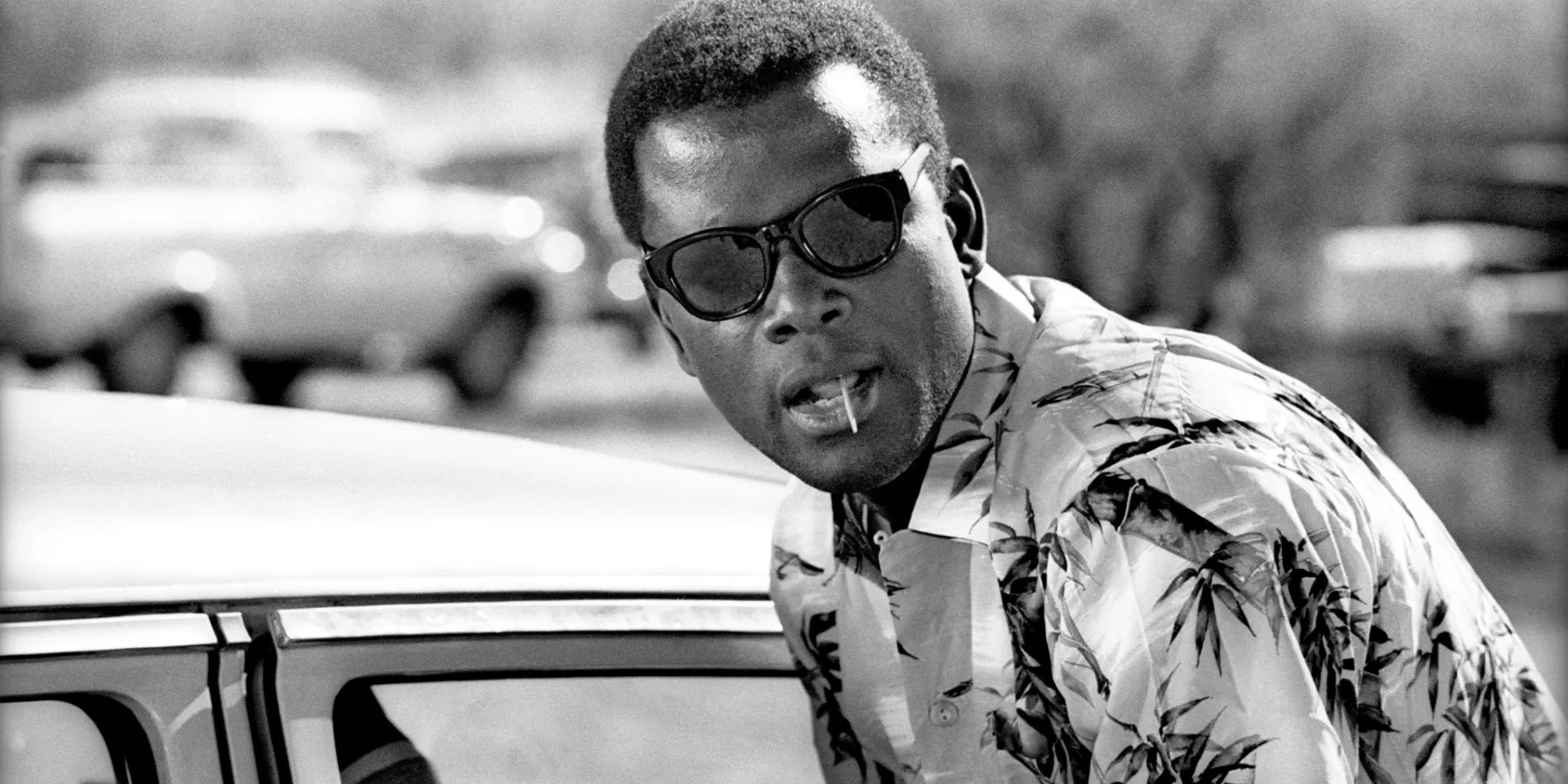Hollywood has suffered another loss with the illustrious actor Sidney Poitier’s passing at 94. The news of his passing surfaced from the Bahamian Minister of Foreign Affairs, Fred Mitchell, which promptly led to a flood of tributes for the trailblazing actor.
Born in the United States but growing up in the Bahamas, Poitier overcame a poverty-stricken upbringing to rise to the top of the acting profession that saw an insufficient number of Black stars in high-profile roles. He started to get the attention of the Hollywood sector after his performance in the 1950 filmNo Way Out, where he played a doctor treating a racist white man. The spotlight wasn’t unfavorable to the seasoned actor and led to a flood of additional roles, one of which being his breakout performance in the 1955 filmThe Blackboard Jungle. Poitier went on to have a phenomenally lasting career, but what he stood for elevated him to even higher heights within the heats of many.

RELATED:Betty White is Dead at Age 99
As stated,the racial barriers within Hollywoodwere still very much present during Poitier’s time, which limited the number of prominent Black actors seen upon the screen. In addition, those present swan within stereotypical roles, which was an ideology Poitier wanted to break from entirely. Therefore, he refused to fill the shoes of a part that restrained him within a stereotypical box. Instead, Poitier wanted to be a positive sign of representation for those who shared his identity, while equally doing his part to assist in the civil rights efforts prevalent during that time. Audiences from both sides of the racial spectrum greeted Poitier with his fair share of criticism, but he handled the situation with quiet determination like most of his characters. Poitier’s powerfully elegant demeanor gave him the tools necessary to break the racial barrier that still existed within the Hollywood structure, propelling him to become the first Black man to win the award forBest Actor at the Oscarsfor his performance inLilies of the Field.
His presence to white audiences was unwelcomed within specific places due to the racial tensions that the country was confronting during that time, which hindered him from taking on particular roles. For instance, Poitier’s romantic parts were far and few between because of the frowned upon image it presented to white audiences. This discrepancy, however, didn’t limit the persistent actor, who reshaped the vision of whatBlack people could beupon the screen. Most images showcased the portrayal of servants and slaves as representing blackness, but Poitier blazed a different path through his roles, highlighting that a person could be whatever they chose to be.
Representation matters and Poitier provided that for many during his time. Present-day examples continue to showcase the power of seeing oneself upon the screen, evident in 2018’sBlack Panther.The late Chadwick Bosemanleft an everlasting impression because he represents for many the first Black superhero to grace the screen forcefully. His legacy will never fade, but it was able to manifest due to the work Poitier put in to lay the path for others to follow. It will be hard to look upon the death of Poitier as anything but significant for the change he created within a system where others like him now have the opportunity to thrive like never before.
Funeral arrangements have not surfaced yet, but when they do, admirers of the man will turn out to pay their respects. He sadly leaves behind his wife, Joanna Shimkus, and his six children. Poitier will be missed tremendously by those who personally knew him and those who loved him from afar.